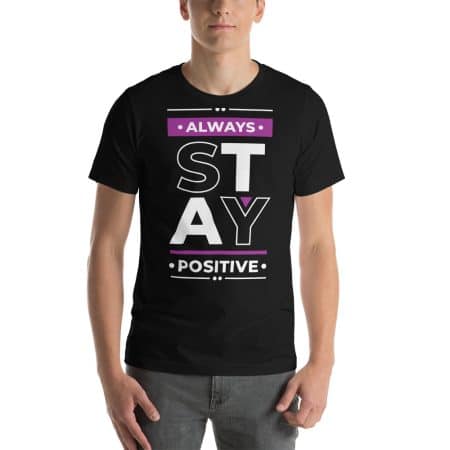Judgmental people tend to judge others and make them feel bad about themselves. They usually do this with their words and body language. Unfortunately, judgemental people are everywhere; some are even close to us.
Some effects of dealing with judgmental people include feeling bad about oneself, being less confident, and being unable to express oneself fully. Knowing there is no need to take what they say as truth is essential because they might just be projecting or transferring negative thoughts or feelings they have about themself on to you. Or, perhaps they are jealous of your recent advancements and want to drag you down to their level.
Whatever the case, we shouldn’t fear them or let them obstruct our goals or dreams. Instead, we should take what they say with a grain of salt because opinions aren’t facts.
How To Deal with Judgmental People
Dealing with judgmental people can be difficult to handle. They can be rude, uncooperative, and downright unpleasant when they don’t get their way. However, you can do a few things to make dealing with difficult people more tolerable.
There are several effective ways to stop judging others without making them feel like they’re being attacked or judged. One way is using “you” instead of “I.” Another way is by asking for their opinion and listening attentively without interrupting them.

The Dangers of Societal Judgment and How You Can Combat It
Society judges people for what they wear, how they look, and what they say. It is a powerful force that can affect the way we feel about ourselves and the way others perceive us.
The problem is it’s challenging to combat society’s judgment without affecting our self-worth. One logical way to do this is by practicing self-compassion. Self-compassion is an essential skill that can help us maintain a positive sense of self despite society’s judgment and criticism.
Self-compassion means treating oneself kindly, understanding, and forgiving oneself when one experiences pain or failure. It involves being open to one’s emotional experience rather than trying to avoid it or escape from it through distraction or addiction.
-
Funny Retro Saying Hoodie – Cozy and Stylish Sweatshirt for Cold Days$30.69 – $36.63
-
Do What Makes Your Soul Shine – Inspirational Hologram Stickers$7.28 – $8.85
-
Always Stay Positive T-Shirt$15.95 – $24.55
The Difference Between Criticism and Judgmental People
Judgment is a critical evaluation of something or someone. It’s an assessment of a person, situation, or event that has the potential to be negative.
Criticism, conversely, is a judgment that may be negative or positive. It can be constructive criticism, which tries to improve something, or destructive criticism, which tries to tear it down.
Either way, someone feeling criticized or judged may not like the feeling. That’s okay, but why let it stand between you and progress? Nobody avoids evaluations from others, from friends to family to newly met people. We all have to deal with it, so prepare yourself and meet the challenge.
If you can convince yourself to delay before reacting when you deal with someone who triggers you, you have a solid chance to overcome the negative emotions you feel. Controlling impulses doesn’t come naturally to many people, but it will start to pay off if you practice delaying your responses. You’ll have more time to react thoughtfully to others and cool them off.
Updated 11/08/2023








